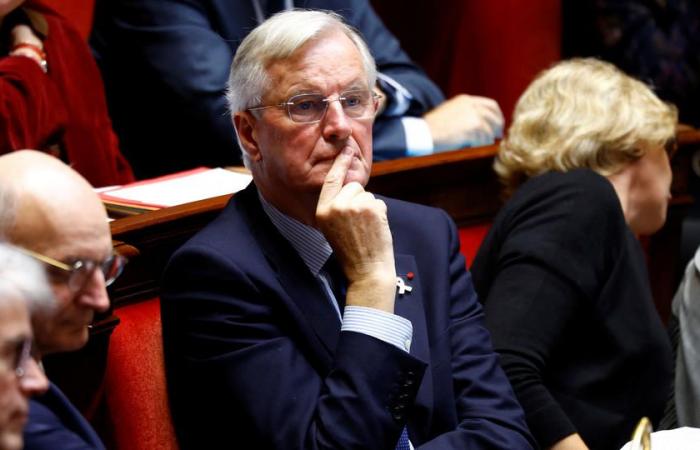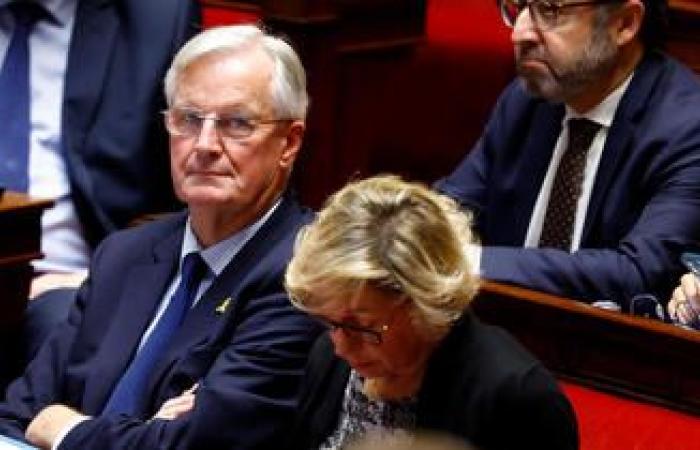It is a week late that Michel Barnier presents this Thursday the finance bill for 2025. A text, aimed at filling a significant public deficit, which the Prime Minister will defend in the face of parliamentarians, many of whom are opposed to certain measures, including within the new majority.
After escaping the motion of censure, Michel Barnier tackles a particularly sensitive issue. The Prime Minister presents this Thursday, during the Council of Ministers, the finance bill, aimed at defining the budget for the year 2025.
This text should not have been put to study so late. Indeed, the Constitution provides that the finance bill must be presented, at the latest, before the first Tuesday of the month of October. The head of government was, however, forced to postpone the deadline, due to the late appointment of his executive.
Announcing to reduce the deficit to 5% of gross domestic product (GDP) in 2025, after an expected increase to 6.1% this year, the government is therefore planning an overall effort of 60 billion euros next year.
An increase in taxes
During his general policy declaration, Michel Barnier announced that he was considering a tax increase for the richest firms and households.
The Prime Minister thus intends to “request an effort from the largest companies which have more than 1 billion euros in turnover”, specifying that “this temporary effort” would only concern “300 companies”. In order not to affect the competitiveness of French companies, Michel Barnier wanted this provision to be included in the law so that it only remains in place “one year or perhaps two years”.
In addition, the head of government indicated that a tax increase would target the wealthiest people. This measure would, according to him, “recover 2 billion euros”. In order to reassure the oppositions, from the left and the RN, Laurent Saint-Martin, Minister of the Budget, announced that this increase would only apply to “0.3%” of the 20 million households paying the tax. , or 65,000 households.
These announcements from Michel Barnier did not seem to satisfy certain executives of the Ensemble pour la République group. For several days, the former Minister of the Interior has continued to criticize them, going so far as to denounce an “unacceptable” budget project.
Efforts required of communities
Of the 60 billion savings set for 2025, 40 billion would come from reduced spending. Thus, the executive will ask local authorities for an effort of 5 billion euros by concentrating the majority of the effort on 450 of them.
This effort is called for “in a context where everyone is tightening their belts,” this source close to Bercy told AFP, recalling that the State must reduce its spending by 20 billion euros and Social Security, of 15 billion euros.
According to her, communities will thus have to achieve 12.5% of the effort to save expenses next year while they represent 20% of public spending.
Local authorities were singled out by the outgoing Ministry of Finance for having seen their spending slip by 16 billion euros this year, according to an estimate from Bercy.
A postponement of pension indexation
In order to save money, the finance bill plans to postpone the indexation of pensions to inflation from January 1 to July 1.
This revaluation of pensions in July would peak at around 1.8%, the estimated amount of inflation in 2025. The savings expected from this postponement are estimated at 4 billion euros according to calculations by the Ministry of Labor.
Sick leave in the viewfinder
While expenses for sick leave could “exceed 17 billion euros” at the end of the year according to the director of Health Insurance, the government plans to review the compensation ceiling.
The idea is to increase the ceiling to 1.4 SMIC, compared to 1.8 today. Enough to save up to 600 million euros.
The bill will then be examined from October 21 in the Hemicycle, after passing through committee. This will then be the first part, relating to State revenue.







